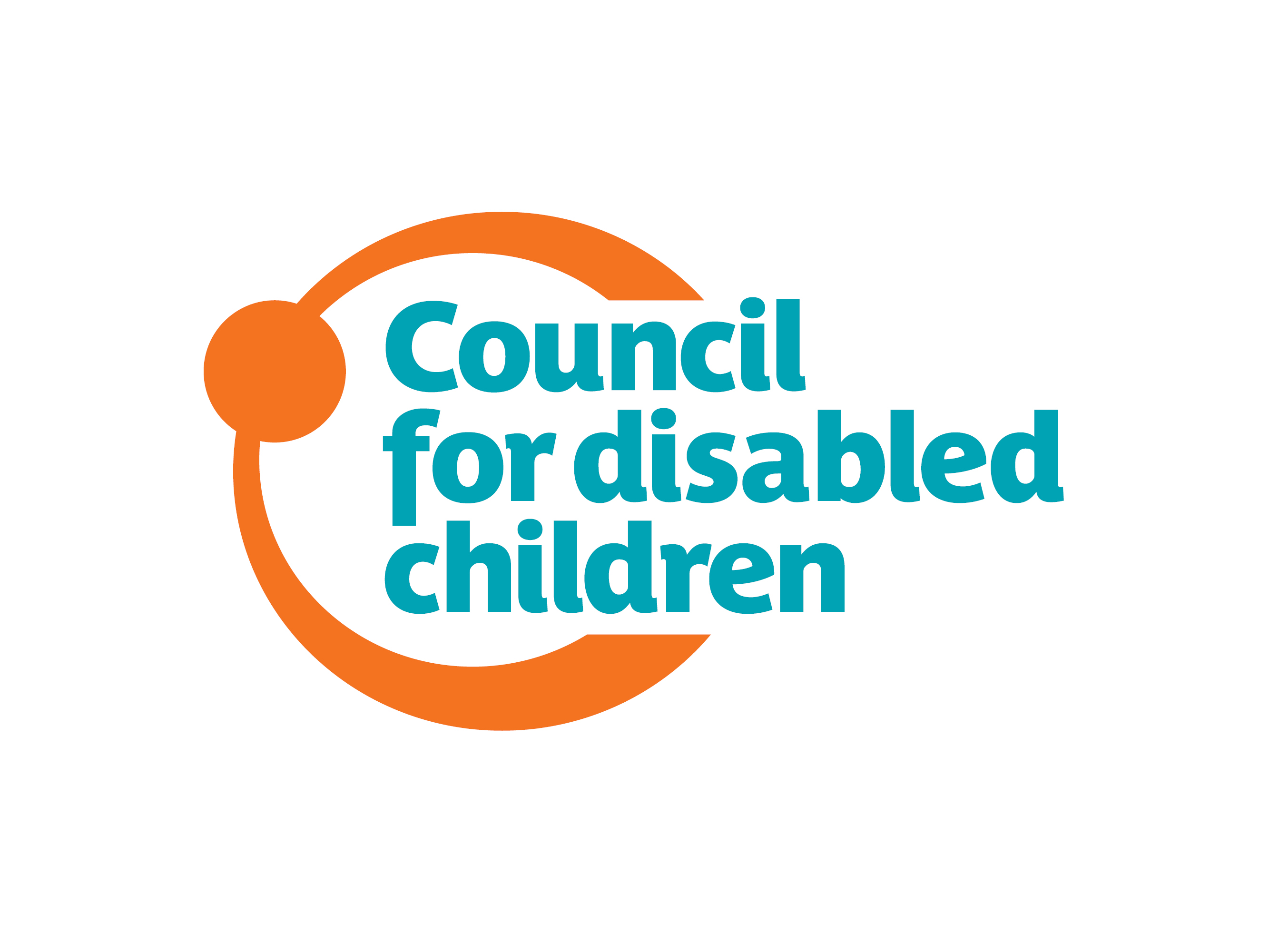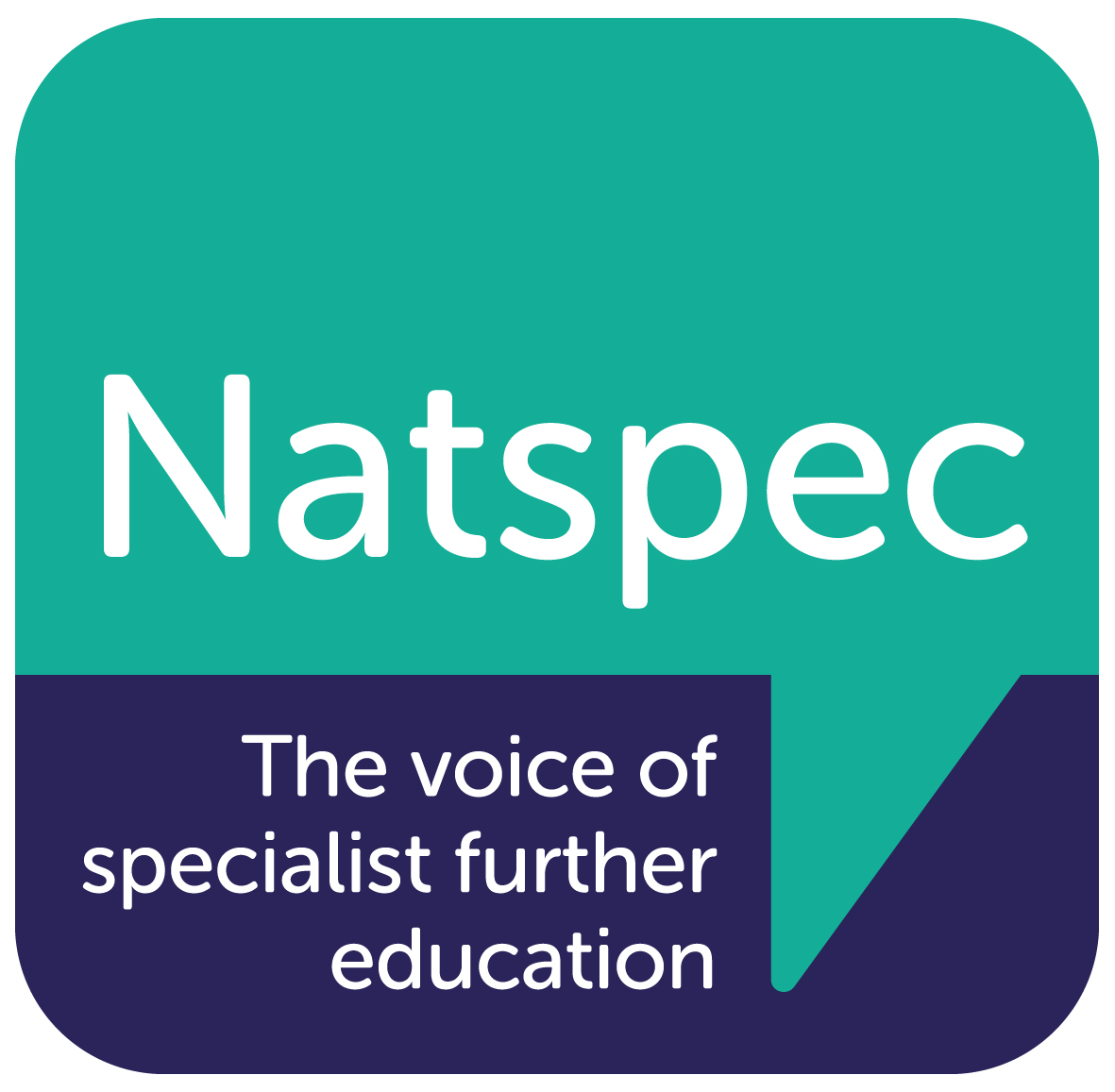
The Council for Disabled Children (CDC) is the umbrella body for the disabled children’s sector, bringing together professionals, practitioners and policy-makers. It works collaboratively, from policy to practice, to ensure the best outcomes for children and young people.
The CDC has a clear vision that disabled children’s needs are met, their aspirations supported and their rights respected. We work with government, local agencies and public bodies to challenge and champion policy and practice, using the knowledge we gain from working closely with sector leaders and front-line practitioners. Our aims include helping all parties to understand current legislation and to put it into practice, through resource sharing and training. We believe that by sharing what we learn, collaborating with others and building people’s skills and knowledge, we can make a difference to the lives of children, young people and their families.
Good careers advice and guidance can make a huge difference to the lives of students with Special Educational Needs and Disabilities (SEND). Our young people want to fulfil their ambitions and be contributing members of their community. The Gatsby Benchmarks help deliver the information and encounters that will allow this to take place, and I welcome their adoption by government.
Raising aspirations starts with leadership
For many students, it is the poverty of aspiration rather than their impairments which hold them back, including the aspirations adults hold for young people as well as those the young people hold themselves. We know that good leadership in all settings sets the tone for what’s possible, and I was pleased to see that the Benchmarks have leadership at their heart, as demonstrated by Benchmark 1: A Stable Careers Programme. This Benchmark calls for an identified and appropriately trained Careers Leader, with the explicit backing of the senior leadership team, to drive the programme forward in each school or college. The Benchmarks can only develop young people’s aspirations if the school leadership team are completely behind the programme. I have been fortunate to see this happen already in a number of schools and colleges, who cater to young people with a range of severe and profound impairments, where career guidance has been made a priority and all students have had the ‘meaningful encounters’ outlined in the Benchmarks.
Preparing for transitions
For students with SEND, the year 9 transition review provides a key opportunity to discuss career aspirations. The development of both the Education, Health and Care (EHC) plan and SEN Support approaches, described under the Children and Families Act 2014, provides a framework for these discussions with young people. CDC has produced resources to help practitioners with this process, including advice around higher education and employment – one of the Preparing for Adulthood outcomes in the Government’s SEND Code of Practice 2015. Evidence of long-term planning for employment as part of an EHC plan can include skills development, vocational profiles and support to identify opportunities such as work experience, supported internships, apprenticeships and volunteering. We believe that Benchmark 2: Learning from Career and Labour Market Information can help young people with SEND develop aspirations which take into account the opportunities in their local area. This is particularly important from year 9 onwards, as the journey into adulthood builds momentum and career aspirations often become more fully formed.
Identifying what matters to young people
When applying the Benchmarks for students with SEND, it is important to take into account the voices of the students themselves. As part of a national programme of work with the disabled children’s charity KIDS, focussed on young people’s participation, CDC has produced a series of worksheets with young people from around the country on the issues that matter to them. The first explores different methods and levels of participation, which may be of interest to practitioners who are not sure where to start with this process. The second concerns work experience, and details many considerations that will help young people with SEND have a successful set of encounters in line with Benchmark 6: Experiences of Workplaces. This includes giving the young person space to discuss what support they may need before they begin work experience, giving the employer notice around what reasonable adjustments may be required and ensuring the young person has an approachable mentor who can listen and respond to any difficulties.
Engaging with employers
CDC also manages the Transition Information Network, which brings together policy and practice from around the country on issues which impact young people from age 14–25. Over the last few years we have watched the very promising growth and progress of a number of initiatives on supported employment, internships and training, and I would encourage schools and colleges to make use of them. These initiatives can help implement Benchmark 5: Encounters with Employers and Employees, by clarifying the range of help and support that is available, and the range of employers who are ready to engage.
At the core of all the work of CDC is the desire to create a better world for young people with SEND, and making sure everyone can access career guidance is a key part of that work. We will continue to support SEND practitioners as they begin to think about how the Gatsby Benchmarks could work best in their setting, and I look forward to seeing the impact they have on the lives of our young people.

